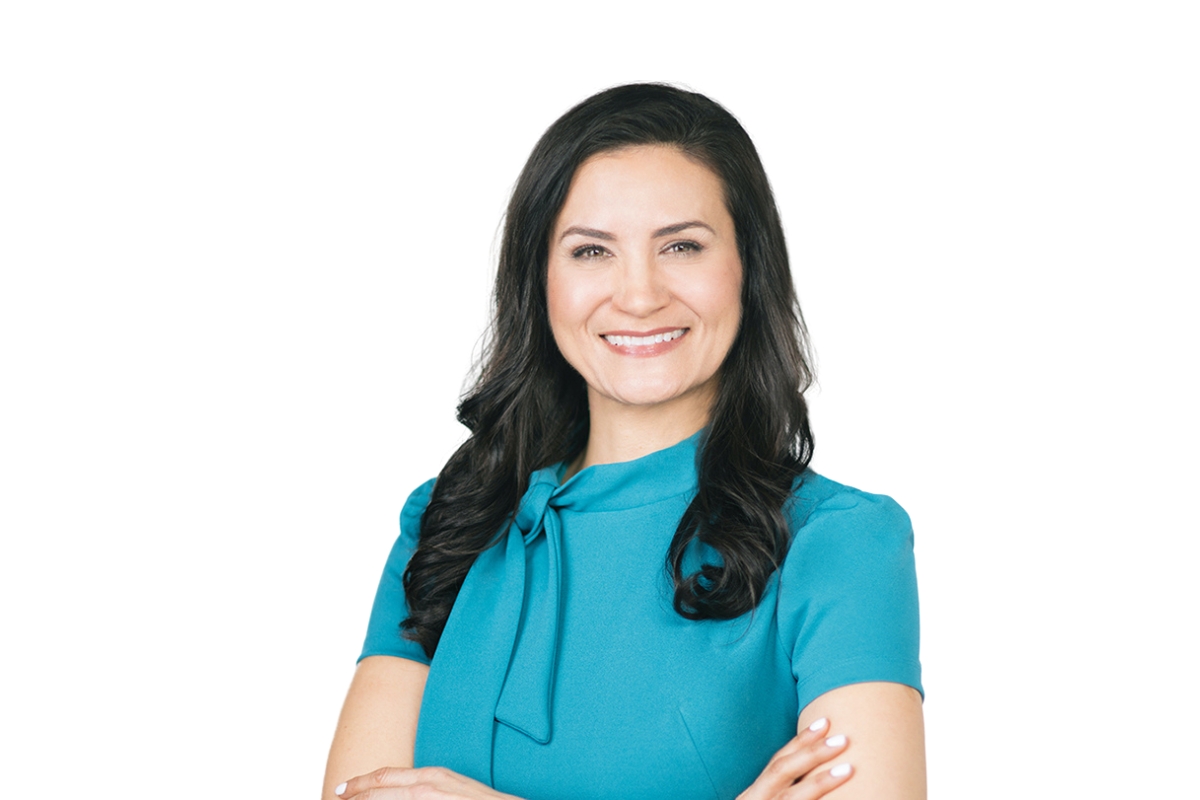Jeet Banerjee was not even 30 when he started—and sold—two successful companies. Born and raised in California, Banerjee created his first website when he was 9 years old, and launched his first company, JB Media Force, while he was a student, grew it to a 20-person operation, and sold it for a profit. At 23, he was invited to speak at TEDx, and in 2017 sold another company he started, an education-tech startup called StatFuse, to LendEDU.
How important was the ability to be your own boss in terms of your professional growth?
It was one of the biggest journeys that I undertook in my entire life. I was always immature and childish, but starting my own business and having actual responsibilities helped me grow up as an individual, and in the business world. I learned so many real-world skills that I don’t think I would have learned in the classroom that allowed me to make the steps upwards to where I am today.
What would you say is the secret ingredient that made you so successful? What is your biggest accomplishment?
Impatience and relentless persistence. When I was 17 years old and I told people that I wanted to start a business, many of them laughed while others told me to wait, and that I was too young. I was super impatient growing up and I always got in trouble for it. This was one of the first times that my impatience paid off greatly, because I ignored everyone’s advice and decided to pursue my dream of being a business owner headfirst.
Secondly, relentless persistence was key to my success. I’m not smarter, wealthier, or more experienced than anyone else. I just never gave up, looked at failure as a positive, and continued pushing forward no matter what happened. Not succeeding was never an option for me. I always knew I’d be successful; it was just a matter of when.
My biggest accomplishment to date has to be selling my second company (an ed-tech startup) for a profit. Getting acquired and knowing that I built something that impacted hundreds of thousands of people was one of the best feelings in the world.
How much of your success is due to “the grind” and just working hard, versus opportunity or even luck?
I think 90 per cent of my success is because of me grinding and working hard; opportunities and luck meet hard work somewhere along the way. If I didn’t work hard and continue pursuing my goals day in and day out, I wouldn’t get the opportunities or the lucky moments. If you just sit idly at home and don’t do much, your only chance of being successful is to really hit the lottery. However, if you’re constantly grinding towards your goals every single day, there will be things that help propel you to that end goal faster.
How do you personally measure and define success?
Success, to me, is having the ability to do whatever I want, whenever I want. It really just comes down to freedom because that was my inspiration to become an entrepreneur from the start. In terms of measuring success, I just want to do things that make a positive impact on the world. I know that I can’t live forever, but my hope is that my legacy can. My goal is to impact millions of people and create things that will outlive me. That, to me, is the greatest measurement of my success.
What makes you different from other entrepreneurs?
What makes me different from other entrepreneurs is that I’m not chasing money by creating all these businesses and doing all these things. For me, it’s about doing things I’m passionate about, solving problems and creating value. I know when I first started out like many other entrepreneurs, money was one of the primary motivating factors to create businesses and thus, decisions were made based on that premise. However, I’ve learned that money is nice, but it doesn’t make me happy. For me, it’s about changing the world and I feel this is my calling to do so.
You’ve said one of your goals is to help others achieve success. Why is that important to you?
It’s super important to me because I wouldn’t be where I am today if it wasn’t for the successful entrepreneurs before me that paved the way. They took time to mentor me, share resources, courses, take videos, and create all this material when they didn’t have any need to. I feel that the entrepreneurial community is super strong, and everyone is about helping each other, for the most part. This is why I feel that this is how I can give back to those that come after me.
Where do you see yourself 10 years from now? What do you want your legacy to be?
Ten years from now I see myself being financially free, having a family, and paving the way so that I can leave a legacy. In terms of my legacy, I want to do something to impact millions of people around the world. I want to change and disrupt different industries and systems. One of the biggest things I’m interested in disrupting is the educational system. I truly believe there are many flaws with it, and I hope that 10 years from now, I’m in a place to create my own physical schools that can initiate that disruption process.
Alex Correa | Contributing Writer




















